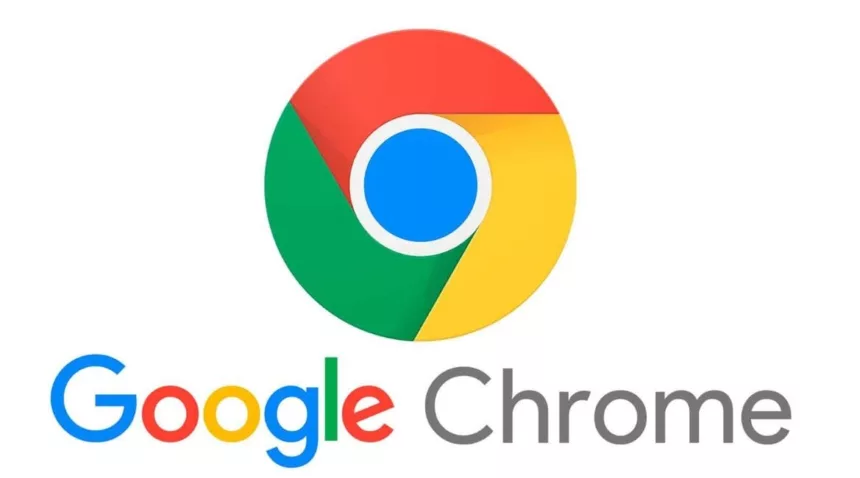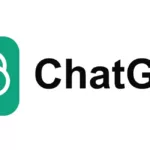Google Chrome is set to finalize its transition to the Manifest V3 extension specification in 2024, as recently announced in a blog post by the company. This move is anticipated to have significant implications for the functionality of extensions on the world’s most widely used web browser, including popular ad blockers. The impact is not confined to Chrome alone; other browsers relying on the Chromium engine are expected to feel the effects, while Firefox and Safari are likely to remain unaffected.
In a recent blog post outlining an updated timeline for the transition to Manifest V3, Google highlighted the modifications to the specification. These alterations will not only redefine how ad-blocking extensions interact with the browser but will also impose restrictions on their access and functionality on users’ computers. Google asserts that these changes aim to enhance user security.
While the transition was initially slated to be completed last year, Google faced strong opposition from privacy groups, developers, and users reliant on extensions that would be compromised by the shift. YouTube also entered the fray by globally cracking down on ad blockers, preventing users with such extensions from viewing videos and increasing the price of its ad-free YouTube Premium subscription in seven countries.
Acknowledging concerns raised, Google claims to have incorporated some adjustments to Manifest V3 in response to requests from dissenting groups, particularly those advocating for ad-blocker functionality. These adaptations include easing restrictions on the Declarative Net Request API and enhancing support for content filtering—a key feature offered by ad blockers.
Despite these accommodations, critics, such as an Electronic Frontier Foundation staffer, argue that Manifest V3 imposes limitations on extension developers, placing significant reliance on Google to update its API for effective ad and tracker blocking via extensions.
As outlined in Google’s updated timeline, extensions supporting Manifest V2 will be disabled on three Chrome channels—Canary, Dev, and Beta—in June 2024, starting with Chrome 127 and subsequent versions. Older Manifest V2 extensions won’t be installable, losing their Featured badge, and existing ones will be disabled on the browser, according to Google.
The stable update channel, affecting the largest number of Chrome users, does not yet have a concrete timeline for these changes. Google anticipates a “at least a month” duration for observing and stabilizing the changes. In the interim, extension developers are strongly urged to complete the migration to Manifest V3 before the specified deadline in June 2024.










